Research by faculty at the Centre covers a wide range of topics and methodological approaches. Some faculty work with large data sets to ask questions about criminal justice. Others work with a combination of quantitative and qualitative methods. Others are engaged in socio-legal research, which sometimes uses legal materials as well as empirical research but asks different questions than those conventionally asked in law faculties. These approaches are seen as complementary rather than mutually exclusive, and we encourage students to pursue a variety of interests rather than specialize in one method or one theory: unlike some graduate departments, our dissertation committees are not necessarily composed of faculty who share the same training or interests.
Substantive research interests include:
- The effects of race on criminal justice processes
- Judicial reform in Russia and Eastern Europe
- Variations in homicide patterns across the twentieth century
- Changing notions of “risk” in probation and parole decision-making
- Bail court decision-making
- International criminal law and war crimes prosecutions
- Human rights regimes
- International migration and its relation to crime and victimization
- Municipal by-law enforcement and municipal dispute resolution mechanisms
- The policing of internal migration in Russia
- Harm reduction approaches in relation to illegal drugs
See the professors eligible to serve as a doctoral student’s main supervisor.


